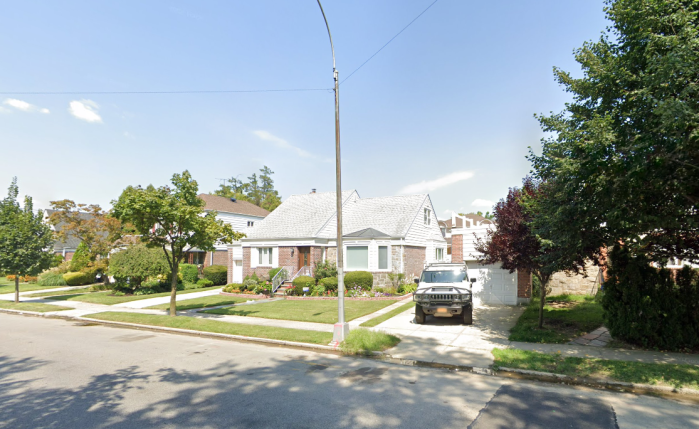UNAIDS said a court ruling in Belize that means consensual, private sex acts between adults — regardless of sex or sexual orientation — are no longer illegal in Belize is a triumph for equality.
Belize Chief Justice Kenneth Benjamin recently ruled that Section 53 of the Criminal Code is inconsistent with the Constitution. It criminalized “carnal intercourse against the order of nature,’ including sex between consent adults.
But the chief justice ruled that this provision violated the rights to human dignity, privacy, freedom of expression, non-discrimination and equality before the law.
UNAIDS said in a statement: “This development reinforces human rights and supports access to HIV services. This is an encouraging step forward for a country that has already demonstrated a relatively high level of positive attitudes regarding homosexuals.”
A 2013 poll commissioned by UNIADS found that two out of every three Belizeans were either accepting or tolerant of homosexual (68 percent). In addition, three of four respondents agreed that people should not be treated differently on the basis of their sexual orientation (75 percent).
UNIADS Director of the Latin America and the Caribbean Regional Support Team, Dr. Cesar Nunez said the ruling of the Belize High Court echoes the widespread public opinion in Belize that people should be treated with dignity and equality, regardless of who they love.
In the statement USAIDS said that for gay, bisexual and other men who have sex with men in most of the English-speaking Caribbean, discriminatory and punitive laws regarding sex between men hamper access to HIV and STI prevention and treatment and other social services by reinforcing discriminatory attitudes. It said many people are reluctant to reveal their sexual preferences due to fear of discrimination, harassment and violence.
“This ruling removes a key stumbling block to gay, bisexual and other men who have sex with men accessing HIV testing and treatment services,” the statement added.
UNAIDS also congratulated Caleb Orozco, head of the United Belize Advocacy Movement, who had filed the challenge against Section 53, as well as other supporting civil society organizations, for their courage, leadership and resilience over the last six years the case was in the system.

























